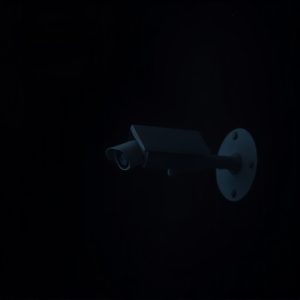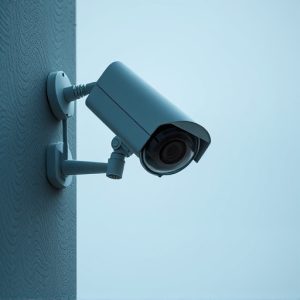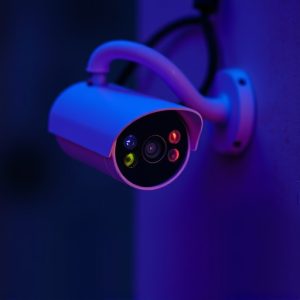Hidden Security Cameras: Unveiling Technology, Ethics, and Real-World Applications
Hidden security cameras, seamlessly integrated into everyday objects, offer advanced surveillance wi…….
Hidden security cameras, seamlessly integrated into everyday objects, offer advanced surveillance with high-resolution video, motion activation, and night vision via mobile apps. While they enhance crime prevention and investigation, their clandestine nature raises ethical concerns about individual privacy. Legal frameworks vary globally, mandating consent, specific placement, and data protection to mitigate penalties. These cameras provide significant safety benefits in homes, businesses, and public spaces, fostering well-being while maintaining order and privacy.
Uncover the world of secret surveillance cameras, a silent guardian in our midst. These hidden devices, seamlessly integrated into everyday objects, raise intriguing questions about privacy and security. In this comprehensive guide, we explore the technology behind their stealthy operations, delving into ethical dilemmas and legal landscapes. From protecting vulnerable spaces to preventing crimes, discover the multifaceted role of hidden security cameras while navigating the delicate balance between personal privacy and public safety.
Understanding Hidden Security Cameras: Unveiling the Technology
Hidden security cameras, also known as spy cameras or covert surveillance equipment, have become increasingly sophisticated in recent years. These devices are designed to operate discreetly, often blending into everyday objects like smoke detectors, power outlets, or even plants, making them nearly invisible to the untrained eye. They typically consist of a miniature camera and lens system, capable of capturing high-resolution video and still images without drawing attention.
The technology behind these hidden cameras has advanced significantly, offering both wireless and wired options with features like motion activation, night vision capabilities, and remote access through mobile apps. This allows users to monitor various spaces remotely or at specific times, providing enhanced security for homes, businesses, and public areas. The ability to capture footage unobtrusively raises important privacy considerations, prompting discussions about ethical use and legal implications in different jurisdictions.
Ethical Considerations and Legal Implications of Secret Surveillance
The deployment of secret surveillance cameras, also known as hidden security cameras, raises significant ethical and legal questions. On one hand, these devices can play a crucial role in enhancing safety and security by providing visual evidence in crime prevention and investigation. They can deter potential criminals and aid in apprehending offenders, thereby contributing to public peace. However, their clandestine nature invites concerns about privacy rights and civil liberties. The mere presence of hidden cameras can create an atmosphere of surveillance, making individuals feel constantly monitored, which may lead to a chilling effect on free expression and behavior.
Legally, the use of secret surveillance is complex and varies across jurisdictions. Many countries have strict regulations governing the installation and operation of hidden security cameras to balance public safety against individual privacy. These laws often mandate obtaining consent, adhering to specific placement guidelines, and ensuring data protection. Violations can result in severe penalties, highlighting the need for transparency and accountability in the use of such technology. As technology advances, it’s imperative to continually reassess and update legal frameworks to address the evolving ethical landscape surrounding hidden security cameras.
Applications and Benefits: Protecting Privacy and Securing Spaces
Secret surveillance cameras, or hidden security cameras, offer a wide range of applications and benefits that extend far beyond mere security. In residential settings, they can provide homeowners with an added layer of protection by deterring potential intruders and capturing evidence in case of break-ins. Businesses, too, benefit significantly from these devices, using them to monitor sales, track employee performance, and safeguard valuable inventory or sensitive information.
Moreover, hidden security cameras play a crucial role in securing public spaces like schools, offices, and retail stores by enhancing overall safety and peace of mind. They help in identifying potential threats, solving crimes, and ensuring the well-being of individuals within these areas. By utilizing these discreet yet powerful tools, establishments can foster an environment that prioritizes privacy while maintaining order and security.


